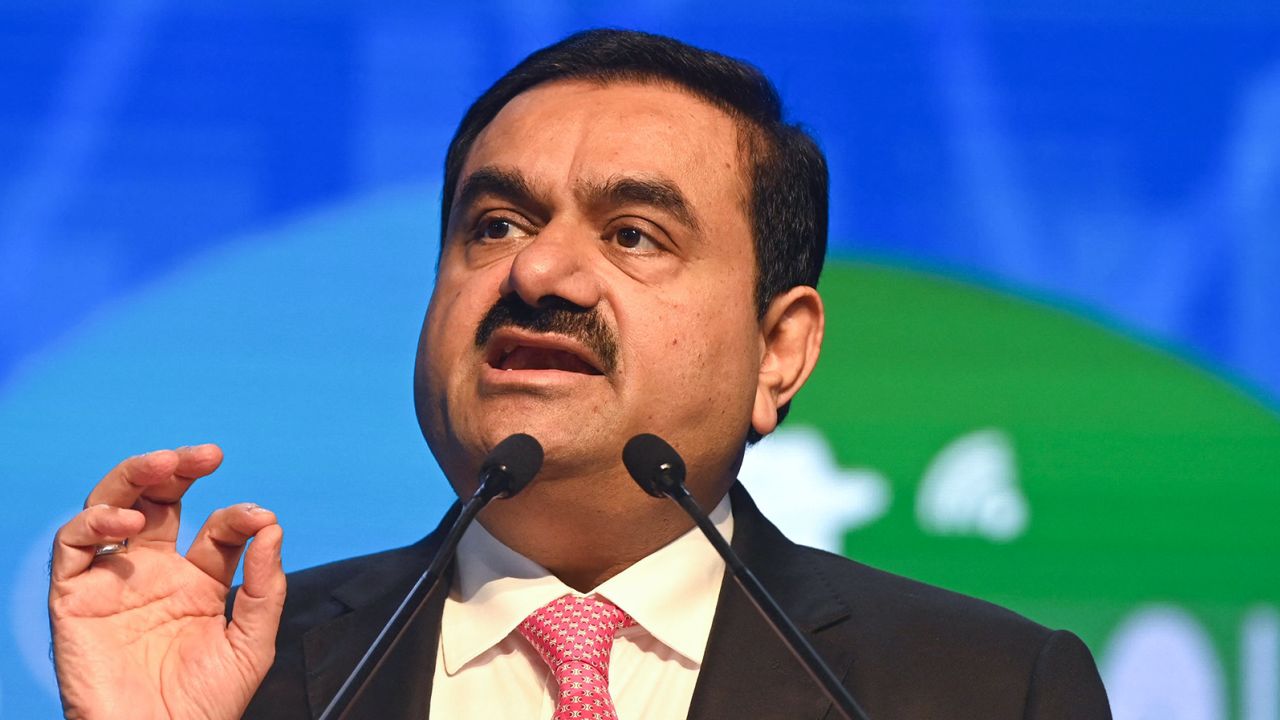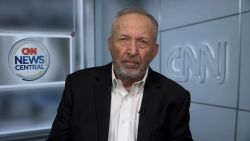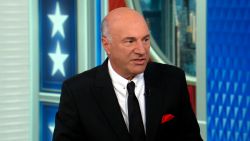Less than two weeks ago, Gautam Adani was the fourth-richest person in the world. With a personal fortune estimated at $120 billion, the self-made Indian industrialist was wealthier than either Bill Gates or Warren Buffett.
Then Hindenburg Research, an American short seller with bets against Adani’s companies, accused him of pulling off “the largest con in corporate history.”
Adani’s firms have lost $110 billion in value since then, and his own wealth has been halved to little more than $61 billion as investors pull their support.
While the Adani Group has condemned the report as “baseless” and “malicious,” investor questions about its claims linger, and the fallout is growing. Adani’s business partners and lenders are clarifying their ties to the conglomerate, while India’s federal government is reportedly launching an investigation of his business after an outcry by opposition lawmakers.
Here’s what you need to know.
Who is Gautam Adani?
Gautam Adani is a 60-year-old tycoon who founded the Adani Group more than 30 years ago.
A college drop-out, he built a sprawling business empire that spans infrastructure, logistics, energy production and mining. That success has earned him comparisons to John D. Rockefeller and Cornelius Vanderbilt, who created vast monopolies during America’s Gilded Age in the 1800s.
He was Asia’s richest man, and last September briefly surpassed Jeff Bezos to become the second-wealthiest person in the world. He’s also seen as a close ally of India’s prime minister, Narendra Modi.
What are the accusations against him?
Hindenburg Research stunned investors in late January when it published a report accusing Adani and his companies of widespread fraud and “brazen stock manipulation” that it alleged took place over decades. The firm said it had taken a short position in Adani Group companies, meaning it would benefit from a drop in their value.
Hindenburg pitched 88 questions to Adani that cast doubt on his conglomerate’s financial health. Those ranged from requests for details on the group’s offshore entities to why it has “such a convoluted, interlinked corporate structure.”
The Adani Group has said it’s considering legal action in response to the claims. It charged Hindenburg with launching “a calculated attack on India” and said the investment firm is only interested in its own financial gain. But analysts say Adani Group hasn’t convincingly answered the questions raised by the report.
What do investors think?
Investors, spooked by the claims, are bailing, not wanting to get caught on the wrong side of a trade. Shares of Adani Enterprises, Adani’s flagship firm, have plummeted almost 55% since Hindenburg’s report was published on January 24.
The company is now struggling to raise new funding as a result. On Wednesday, Adani Enterprises abruptly abandoned a $2.5 billion deal to sell shares, just 24 hours after it was sealed.
Stocks of most Adani Group companies slumped again on Friday. India’s stock exchanges halted trading in five listed Adani firms after their shares crashed by the daily limits, set at 5% and 10%.
Meanwhile, TotalEnergies, a major business partner, said Adani had agreed to let one of the “big four” accounting firms carry out a “general audit.” There was no confirmation from Adani.
The French energy giant described its $3.1 billion exposure to Adani, via joint investments in India, as “limited”. It also said these partnerships were “undertaken in full compliance with applicable — namely Indian — laws.”
What happens next?
The wave of selling is raising questions about how Adani’s businesses will continue to cover their costs.
The large debt load of Adani firms — one of the concerns raised by Hindenburg — is under the microscope. Ratings agency Moody’s said Friday that the turmoil was likely to reduce the group’s ability to raise capital.
In a statement Wednesday night, Adani stressed that his business remains on solid footing, and that executives would review its capital market strategy “once the market stabilizes.”
“Our balance sheet is very healthy with strong cashflows and secure assets, and we have an impeccable track record of servicing our debt,” he said.
The consequences of the sell-off may not be contained to Adani. Indian banks that hold Adani Group assets could also be affected if the value of those holdings continues to drop.
The Reserve Bank of India said Friday that the banking sector “remains resilient and stable” based on its latest assessment and pledged to continue to monitor the situation.
In its first statement on the recent market turmoil, the Securities and Exchange Board of India (SEBI) said Saturday that it had observed “unusual price movement in the stocks of a business conglomerate.” It said that if any information comes to SEBI’s notice,” it would be examined and “appropriate action” would be taken.
The market regulator added that it “is committed to ensuring market integrity.”
India Inc. on the defensive
At the same time, the ordeal is the source of growing political turmoil in New Delhi.
Opposition lawmakers in India have demanded a probe into the Hindenburg report. They staged a protest in the country’s parliament on Wednesday while the country’s finance minister presented the annual budget.
Their demands that normal business be suspended Friday to allow an emergency debate on the Adani crisis led to an uproar, resulting in the adjournment of both houses of parliament until Monday.
“Action is being taken against Adani all over the world, but PM Modi is quiet,” the main opposition Congress party tweeted. “When will our govt take action?”
Questions about the health of Adani’s empire are clouding the outlook for India Inc., which just weeks ago was out in force at the World Economic Forum in Davos, Switzerland touting opportunities for foreign investors.
The country’s emissaries leaned into its relatively robust economic outlook. The World Bank projected last month that India would log the strongest economic growth of any major economy this year.
“The Adani saga has opened a big can of worms,” said Manish Chowdhury, head of research at brokerage Stoxbox. “The India story is looking weak” to foreign investors now, he added.
— Diksha Madhok and Allison Morrow contributed reporting.

























